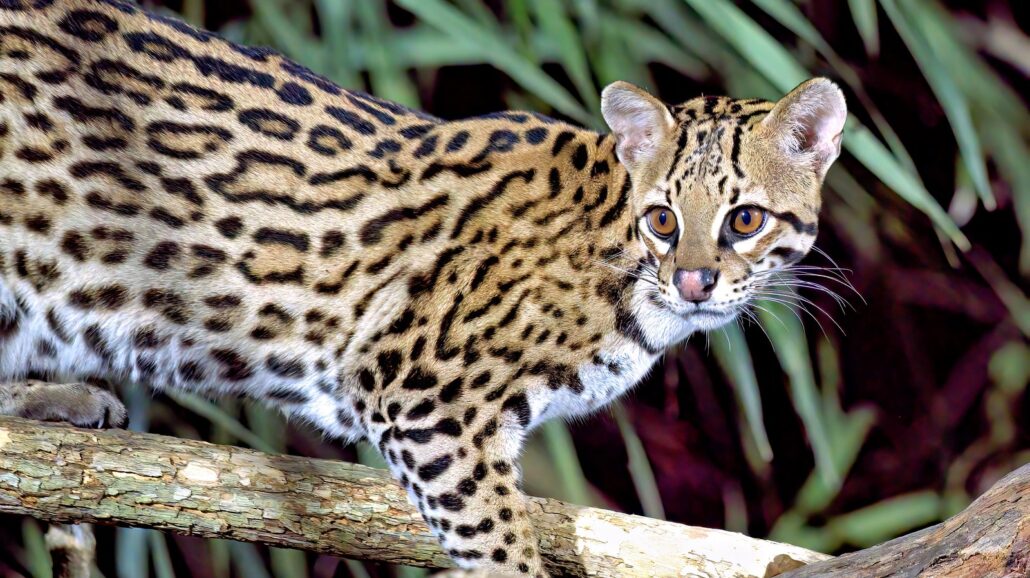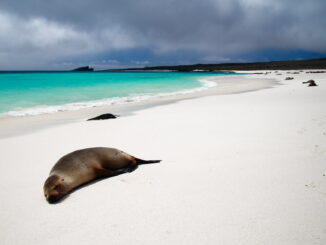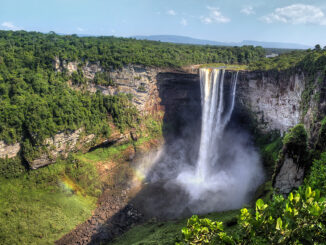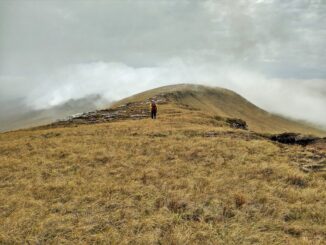
Academic research has revealed two new mammalian species inhabiting a national park in southern Colombia, in that country’s Andean region.
The species captured by trail cameras were previously not known to roam the Complejo Volcánico Doña Juana – Cascabel National Natural Park. Scientists say the park is still less biodiverse compared to other ecosystems in the region, but the discovery of the two additional mammal species found to be living there could be a promising sign of ecosystem resiliency.
The study’s authors say their research to catalog the presence of medium-sized and large mammals in this Andean park is likely the first of its kind.
“In total, we documented 21 mammal species for the Doña Juana – Cascabel NNP distributed in eight orders,” they wrote.
The research adds to the list of species found living in this national park the lowland paca, a large rodent species, and ocelots, a species of wildcat.
Though the Doña Juana is known to harbor threatened, endangered, and critically endangered species, lowland pacas and ocelots are both categorized as species of “least concern” by the International Union for Conservation of Nature. That listing means these two animals are not at risk of extinction.
The researchers say they believe from their investigation that biodiversity in the park and the region is in decline, but the situation doesn’t appear to be as bad as many initially thought according to their research findings. However, they recommend further investigations into the species richness at the Doña Juana National Natural Park (NNP).
“It is crucial to continue mammal sampling in the NNP using trail cameras and to supplement these efforts with local community surveys and transects to detect footprints, feces, and other signs, enriching our understanding of the park’s mammalian inhabitants,” the authors wrote.
“Our knowledge about the NNP’s mammals is still in its nascent stages,” they added. “This study, therefore, serves as a significant step towards bridging that information gap.”
©2025 Public Parks
Park Info
Park Name:
Complejo Volcánico Doña Juana – Cascabel National Natural Park
Location:
Colombia
More information:



